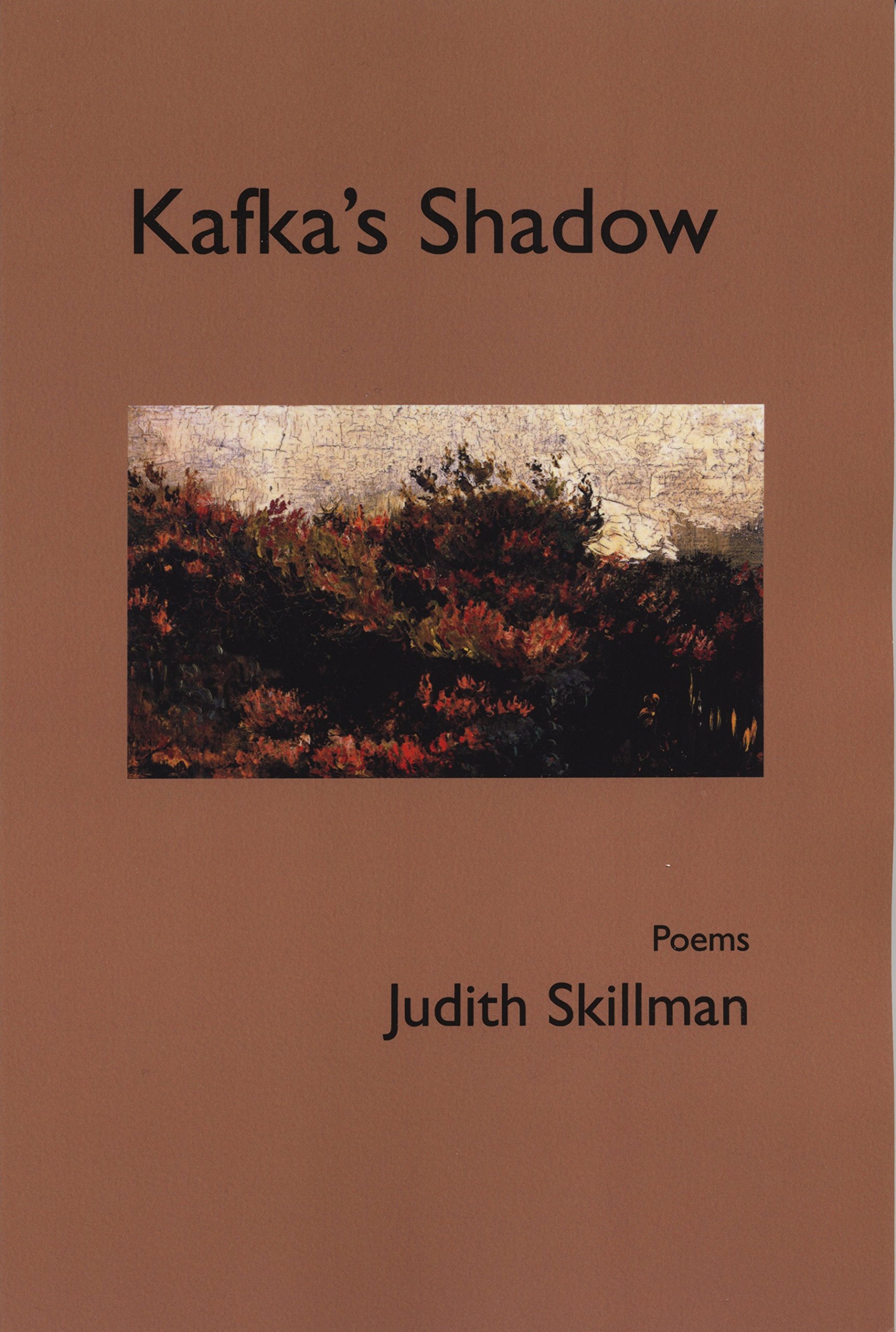 What’s interesting in all of Smallwood’s work is how she manages to put together myriad disparities to create a whole. Thematically, these poems are drawn together by the overarching concept of exploration of the universe, but the poems themselves are as diverse and disparate as poems from different authors.
What’s interesting in all of Smallwood’s work is how she manages to put together myriad disparities to create a whole. Thematically, these poems are drawn together by the overarching concept of exploration of the universe, but the poems themselves are as diverse and disparate as poems from different authors.
Category: Poetry Reviews
A review of The Loyalty of Chickens by Jenny Blackford
 It’s rare to come across a collection that is suitable for such a broad age range, and yet Blackford, something of a literary jill-of-all-trades, manages it perfectly. Though her poems are lighthearted, often exploring the secret and not so secret world of animals and other aspects of nature, they are anything but facile. Often there is a dark heart, or a rich philosophical exploration of the nature of psychology, history and mythology.
It’s rare to come across a collection that is suitable for such a broad age range, and yet Blackford, something of a literary jill-of-all-trades, manages it perfectly. Though her poems are lighthearted, often exploring the secret and not so secret world of animals and other aspects of nature, they are anything but facile. Often there is a dark heart, or a rich philosophical exploration of the nature of psychology, history and mythology.
A review of Kafka’s Shadow by Judith Skillman
 It takes a lot of craftsmanship to have readers get inside the personalities and the culture of the characters in poems based on scholarship and detailed research—a huge task; all of the poems stick to the topic of Kafka and explore aspects of his family and his times.
It takes a lot of craftsmanship to have readers get inside the personalities and the culture of the characters in poems based on scholarship and detailed research—a huge task; all of the poems stick to the topic of Kafka and explore aspects of his family and his times.
A review of Dream Catcher by Margie Shaheed
 Margie Shaheed’s Dream Catcher poems are eloquently woven word quilts. Life-filled, sensual, powerful, tender, courageous and unapologetic. Her poems are beautiful, richly crafted testaments written by a woman who knows and understands life in its many nuances.
Margie Shaheed’s Dream Catcher poems are eloquently woven word quilts. Life-filled, sensual, powerful, tender, courageous and unapologetic. Her poems are beautiful, richly crafted testaments written by a woman who knows and understands life in its many nuances.
A review of Forgotten Women: A Tribute in Poetry edited by Ginny Lowe Connors
 Edited by Ginny Lowe Connors, this intimate commentary of historical women of common and uncommon nobility by dozens of contemporary, mainly American poets could strike the common fancy of any adult who opens the book. Especially in the political climate too many women face today.
Edited by Ginny Lowe Connors, this intimate commentary of historical women of common and uncommon nobility by dozens of contemporary, mainly American poets could strike the common fancy of any adult who opens the book. Especially in the political climate too many women face today.
A review of Line Study of a Motel Clerk by Allison Pitinii Davis
 Art, in this messy overlayering, produces “some kind of complicated, collective accuracy.” Like the best works, Line Study gives a sense of speaking to the present as if to the future. “Because the ones who wrote today’s edition,” as Davis writes in the titular and final poem, “have already written tomorrow’s.” Should we all be so lucky to actually hear Tiresias speak.
Art, in this messy overlayering, produces “some kind of complicated, collective accuracy.” Like the best works, Line Study gives a sense of speaking to the present as if to the future. “Because the ones who wrote today’s edition,” as Davis writes in the titular and final poem, “have already written tomorrow’s.” Should we all be so lucky to actually hear Tiresias speak.
A review of Porch Light by Ivy Ireland
 In the opening line, Ireland poses a question about the relationship between the individual, and a theory of everything: “If you consulted your own cipher mind (if what presents as yours could be compressed in such a lazy line), would it encircle this whole ball of string/theory/or only what lies beneath?” In the world of Porch Light, the answer is yes.
In the opening line, Ireland poses a question about the relationship between the individual, and a theory of everything: “If you consulted your own cipher mind (if what presents as yours could be compressed in such a lazy line), would it encircle this whole ball of string/theory/or only what lies beneath?” In the world of Porch Light, the answer is yes.
A review of A Vicious Example by Michael Aiken
 Through the dystopia of styrofoam cups, depleted forests, rotting garbage, and an overabundance of aggressive species – colonists or currawongs, there is still laughter, a sense of hope, and a deep, abiding love for the city. In Aiken’s world, the human is absorbed into nature as just another animal, a predator who will one day be supplanted by another species. Though that may not sound like the prettiest of visions, A Vicious Example presents a collection of great beauty, and intense reflection.
Through the dystopia of styrofoam cups, depleted forests, rotting garbage, and an overabundance of aggressive species – colonists or currawongs, there is still laughter, a sense of hope, and a deep, abiding love for the city. In Aiken’s world, the human is absorbed into nature as just another animal, a predator who will one day be supplanted by another species. Though that may not sound like the prettiest of visions, A Vicious Example presents a collection of great beauty, and intense reflection.
A Howl of Disenchantment: A review of Still Howling by Mary Dezember
 For those who saw beneath the veneer of our country’s prosperity, “Howl” was the response of those supposedly mad or insane, observing the interior disintegration of a society enamored of materialism, steeped in religious doctrine but becoming increasing devoid of spiritual direction, still segregated and racist and generally intolerant of sexual honesty. “Howl” helped define a generation that saw beyond America’s inflated sense of progress and supremacy.
For those who saw beneath the veneer of our country’s prosperity, “Howl” was the response of those supposedly mad or insane, observing the interior disintegration of a society enamored of materialism, steeped in religious doctrine but becoming increasing devoid of spiritual direction, still segregated and racist and generally intolerant of sexual honesty. “Howl” helped define a generation that saw beyond America’s inflated sense of progress and supremacy.
A review of Still Pilgrim: Poems, by Angela Alaimo O’Donnell
 Like the best poetry collections, Still Pilgrim coheres absolutely. It has one theme, expressed in the book’s title and the title of every poem. And it sticks firmly to one form, the sonnet. O’Donnell’s take on the form, though, is like Pope Francis’s approach to pastoral care: merciful and generous and forgiving. Meters range from trimeter to pentameter, some of them tight and sprightly, others elastic, heterometric, even sprung, Hopkins-like. Rhyme schemes are many. Rhyming is tolerant of slants and assonances.
Like the best poetry collections, Still Pilgrim coheres absolutely. It has one theme, expressed in the book’s title and the title of every poem. And it sticks firmly to one form, the sonnet. O’Donnell’s take on the form, though, is like Pope Francis’s approach to pastoral care: merciful and generous and forgiving. Meters range from trimeter to pentameter, some of them tight and sprightly, others elastic, heterometric, even sprung, Hopkins-like. Rhyme schemes are many. Rhyming is tolerant of slants and assonances.